Introduction
Nothing goes along as well as a beer and some roasted peanuts on a Saturday while you’re watching a game. But can dogs eat roasted peanuts? Are they safe for them, or can they make them sick?
We’re answering this question and more in today’s post, so keep on reading!
Are Roasted Peanuts Good for Dogs?
Peanuts, as well as many other nuts, are rich in a wide range of nutrients, and they also have quite a bit of protein, which makes them suitable for this species. Here are several benefits that your dog might enjoy if you add dry and unsalted roasted peanuts to their diet.
Calcium and magnesium
One hundred grams of peanuts have about 9% of calcium and a whopping 42% of magnesium of a person’s dietary daily needs. Your dog needs these two minerals to remain healthy. Calcium is vital for bone health, but it’s also essential for regulating your dog’s heartbeats.
Magnesium does pretty much the same, meaning that it influences the muscle activity inside your pet’s body, but it also positively influences your dog’s nervous system.
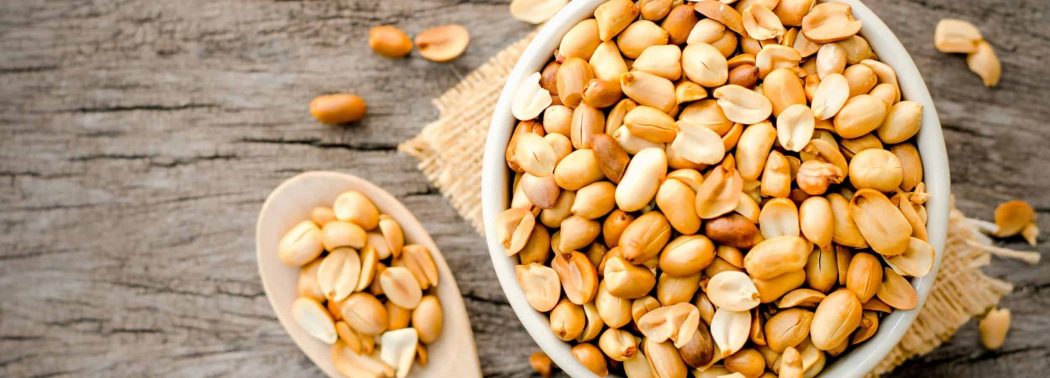
Iron
This is another nutrient that can be found in peanuts, and that is quite healthy in that it is the most important component of red blood cells. It also makes it possible for your dog’s spleen to function properly and is involved in a number of other processes.
Anemia is often caused by a deficiency in iron, so giving your dog peanuts every now and then might be able to prevent it.
Vitamins B6 and E
While vitamin B6 basically ensures that your pup’s brain and the rest of their nervous system are developing normally, vitamin E can be considered an essential nutrient for healthy eye vision, skin, coat, blood, and reproduction. Both of them can be found in peanuts.
Dietary fiber
If your dog has recently been having a bit of trouble passing stools or you know for a fact that they are suffering from chronic constipation, giving them some roasted peanuts on occasion can regulate their digestive transit.
The fiber in peanuts is healthier than the one your dog would get from grains, for example, as it doesn’t have the same side effects – gas or bloating, for example.
Are Roasted Peanuts Bad for Dogs?
Too much fat
We all know that peanuts are rich in fat, and while they might not necessarily contain mono and poly-saturated fats, so they aren’t going to be unhealthy, they are not the best snack to give to dogs.
This is especially true if your pup already has diabetes or obesity, which means that they truly don’t need the extra calories in peanuts.
Toxins
While the peanuts themselves are not toxic in any way, shape, or form, they can carry some unpleasant things on them. Depending on the way they are shipped and, more importantly, stored in warehouses across the world, they can develop a type of mold that can have serious negative effects on your pet’s health.
The most common type of fungus that can grow on peanuts is called Aspergillus flavus, and the toxic substances that this strain produces are called aflatoxins.
In both humans and dogs, aflatoxins can cause general ill health, but also liver damage and even lung failure, in some cases. The worst thing about this kind of mold is that it’s often not visible to the naked eye, so you can’t know if the peanut you’re giving to your dog has it or not.
Salt
Whether you’ve roasted the peanuts at home or you’ve bought them from the store, the chances of you accidentally giving them with salt on them to your dog are relatively high.
As you probably know, dogs are not supposed to have any salt, and that’s because their kibble already contains the right amounts. Too much salt can lead to changes in hypertension and overall severe long-term cardiovascular damage.
How Many Roasted Peanuts Can My Dog Eat?
It depends on how large your dog is and whether you’ve fed them peanuts before. Some dogs can be allergic to peanuts like some people are, so they might go into anaphylactic shock after eating several.
Desensitizing your dog is extremely important, so starting with small amounts is the best idea. In the beginning, give your dog one roasted peanut every two to three days and work your way up from there.
If you are the owner of a Chihuahua or a toy breed, it goes without saying that you should start with even less, more like half or a third of a peanut. And if your dog has any type of chronic disease or is obese, steer clear of peanuts altogether.
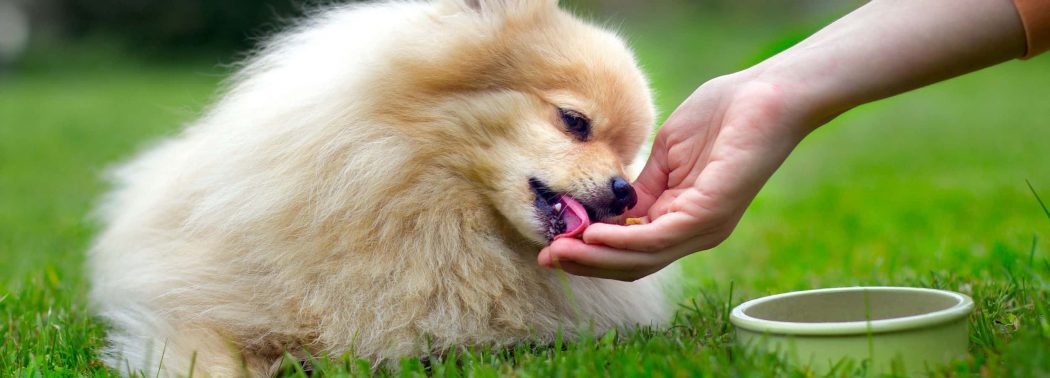
How to Prepare and Serve Roasted Peanuts to Your Dog
The best type of roasted peanuts that you can give your pup consists of the ones that you make your own. Do not fry the peanuts in oil, no matter how delicious you might think that this makes them – this adds a lot of calories to them, and they can be so fat that they might cause your dog to develop acute pancreatitis.
Instead, bake them in the oven. If you have to salt them, wait for them to be fully roasted, remove the ones you intend to give to your dog and put them aside, and then sprinkle some drops of water on the rest, salt them, and chuck them back into the oven for a couple of more minutes.
Besides salt, you should avoid any condiments or seasonings you might have in the pantry. Chili, pepper, or anything else you might want to add to your peanuts automatically makes them unsafe for dogs.
Frequently Asked Questions
Moderate amounts are considered safe for dogs, but you should not overdo it. As you can imagine, honey-roasted peanuts have more calories than regular dry roasted calories to which you’ve added nothing.
Summary
So, can dogs eat roasted peanuts? Yes.
They are not toxic to dogs. However, given the number of calories in them, they should be seen as an occasional snack rather than a main source of food. Talk to your vet about any other dilemmas you might have regarding your pet’s diet.
Sources
- Aflatoxin Poisoning in Pets, FDA, 2021
- Toxic Effect of Aflatoxins in Dogs Fed Contaminated Commercial Dry Feed: A Review, Lizbeth Martinez-Martinez et al, 2021
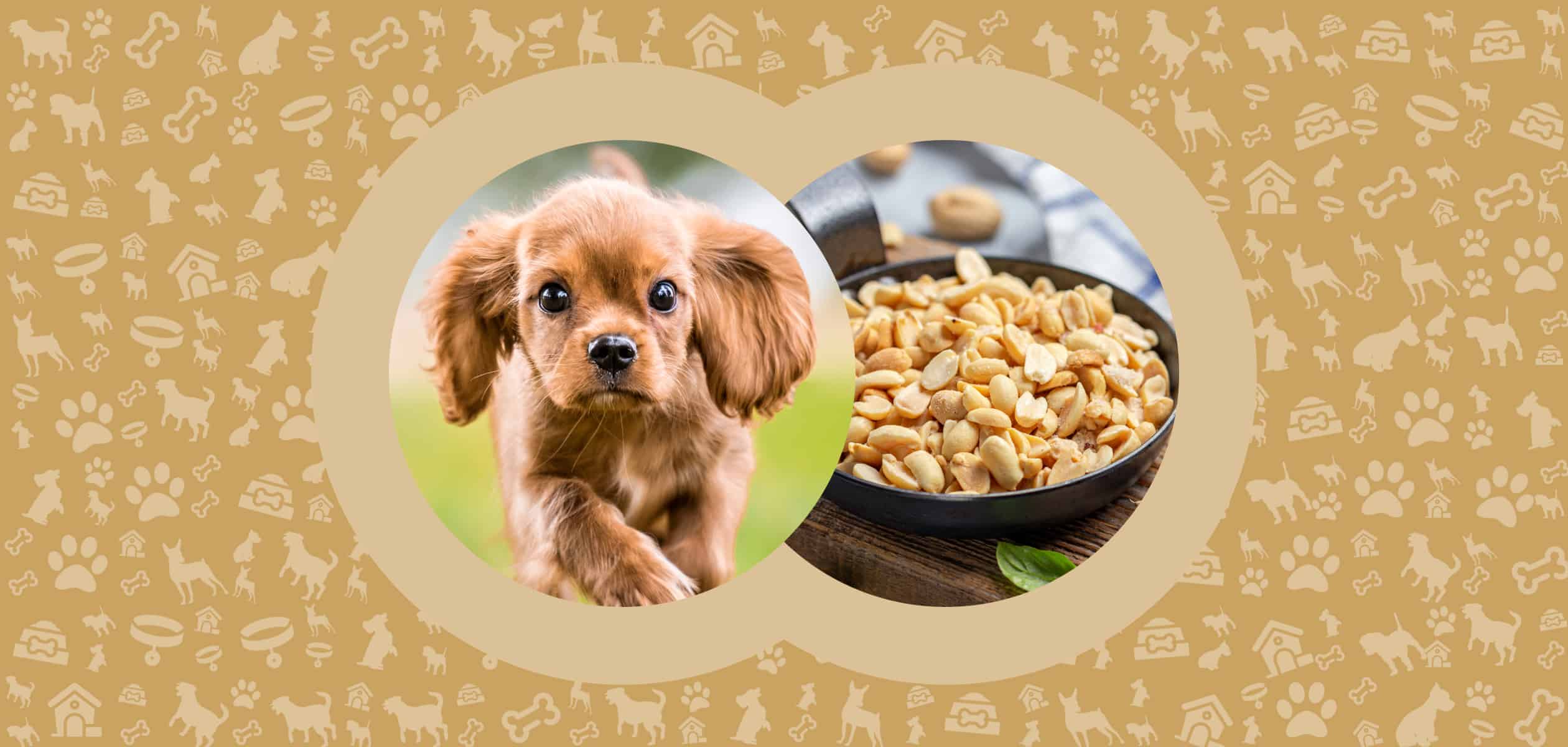
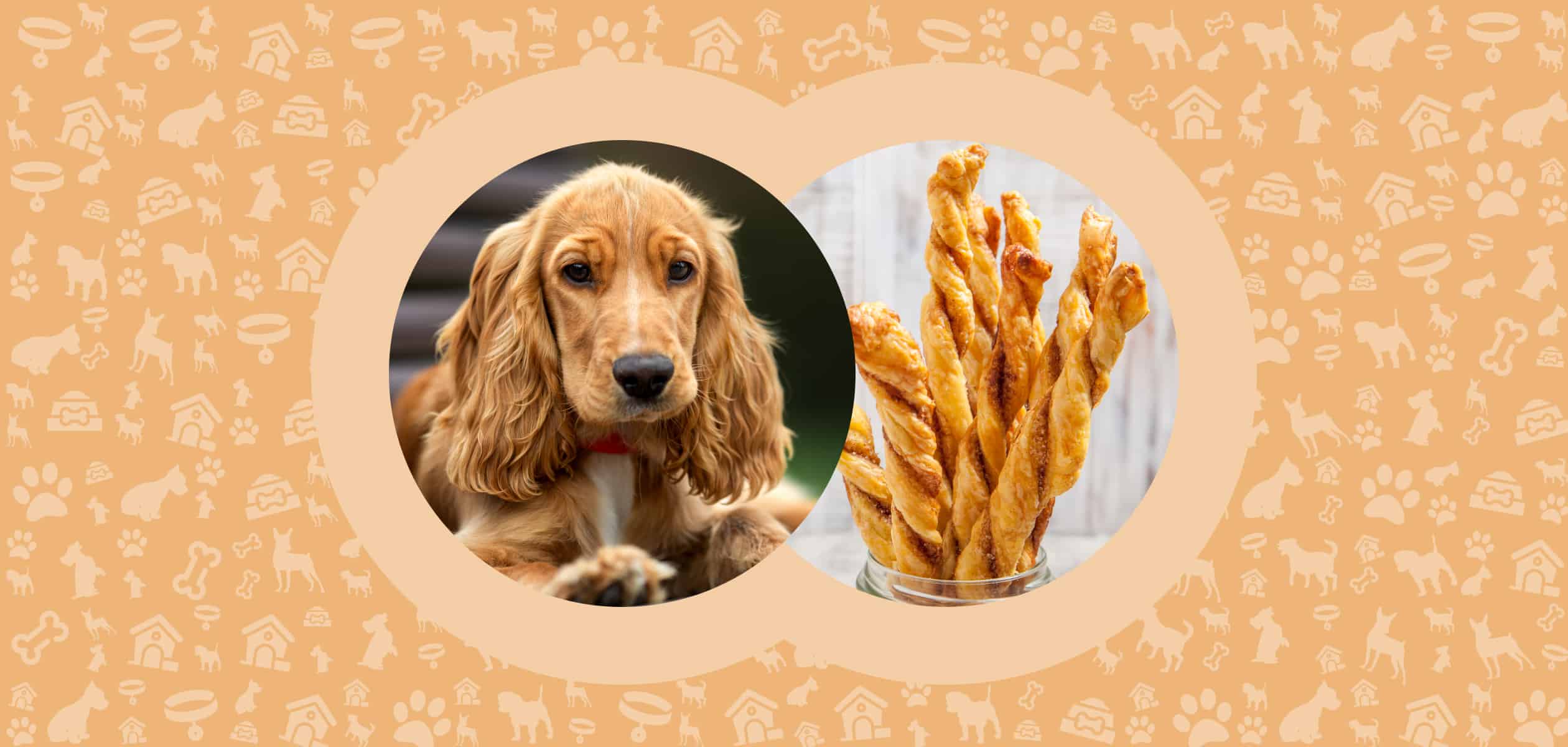
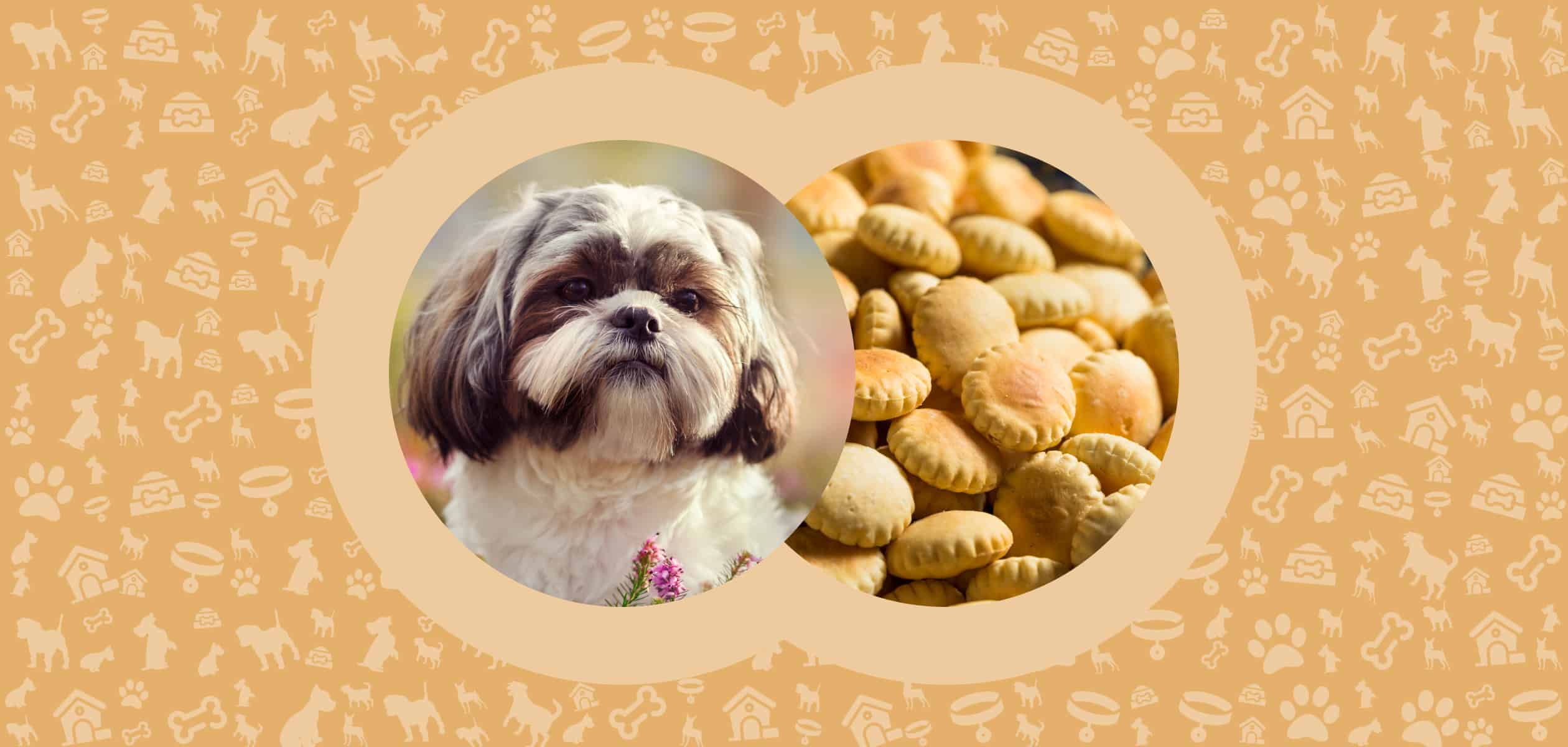
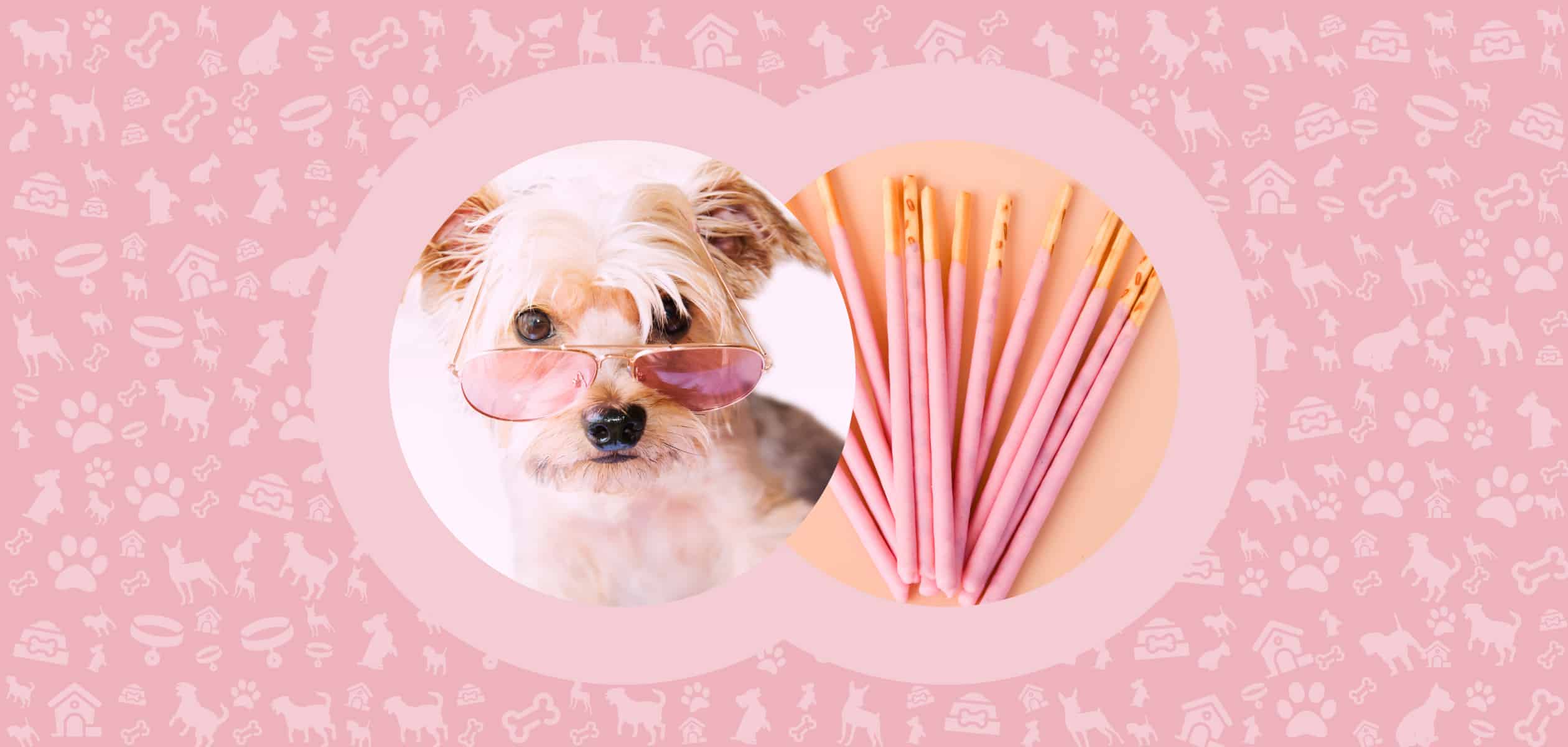
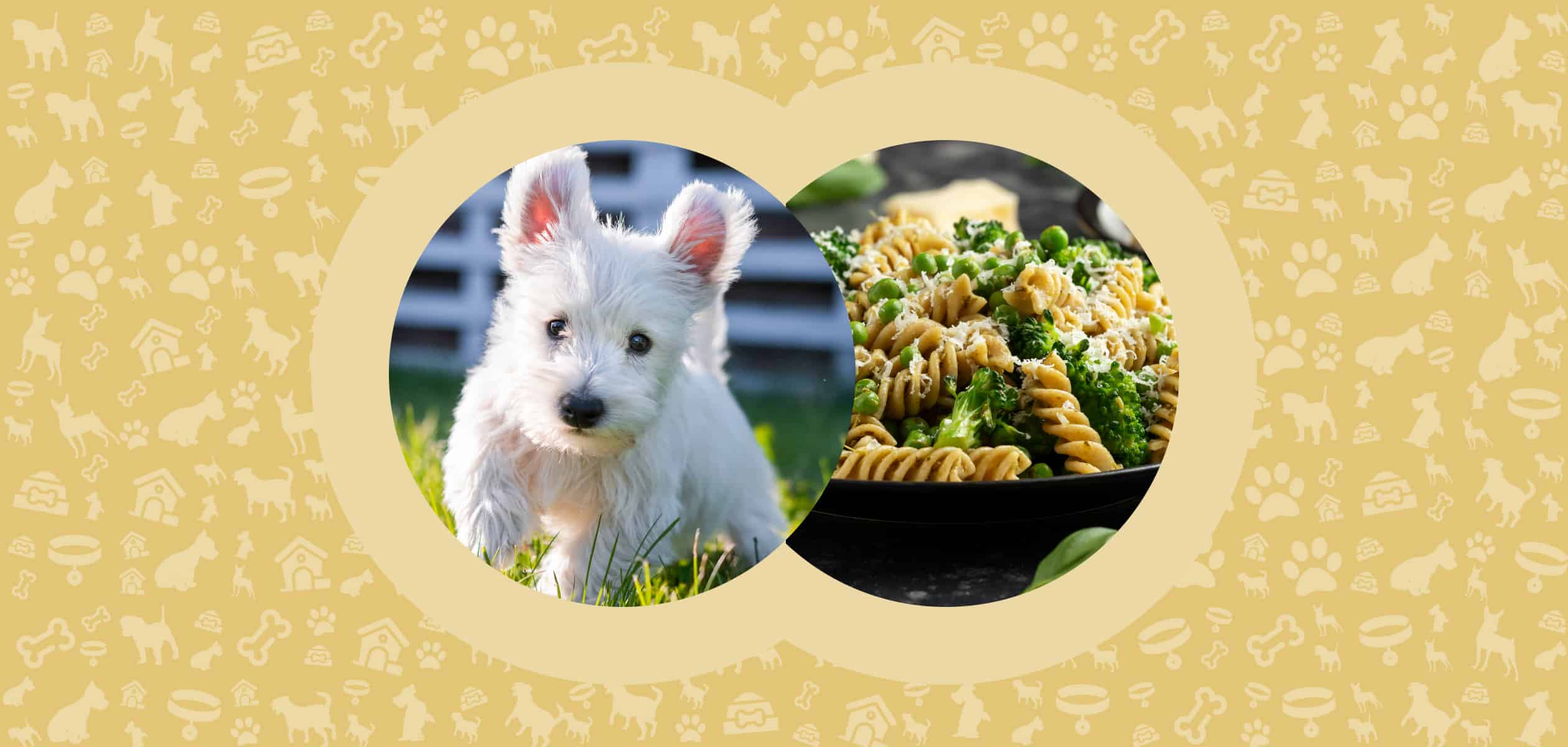
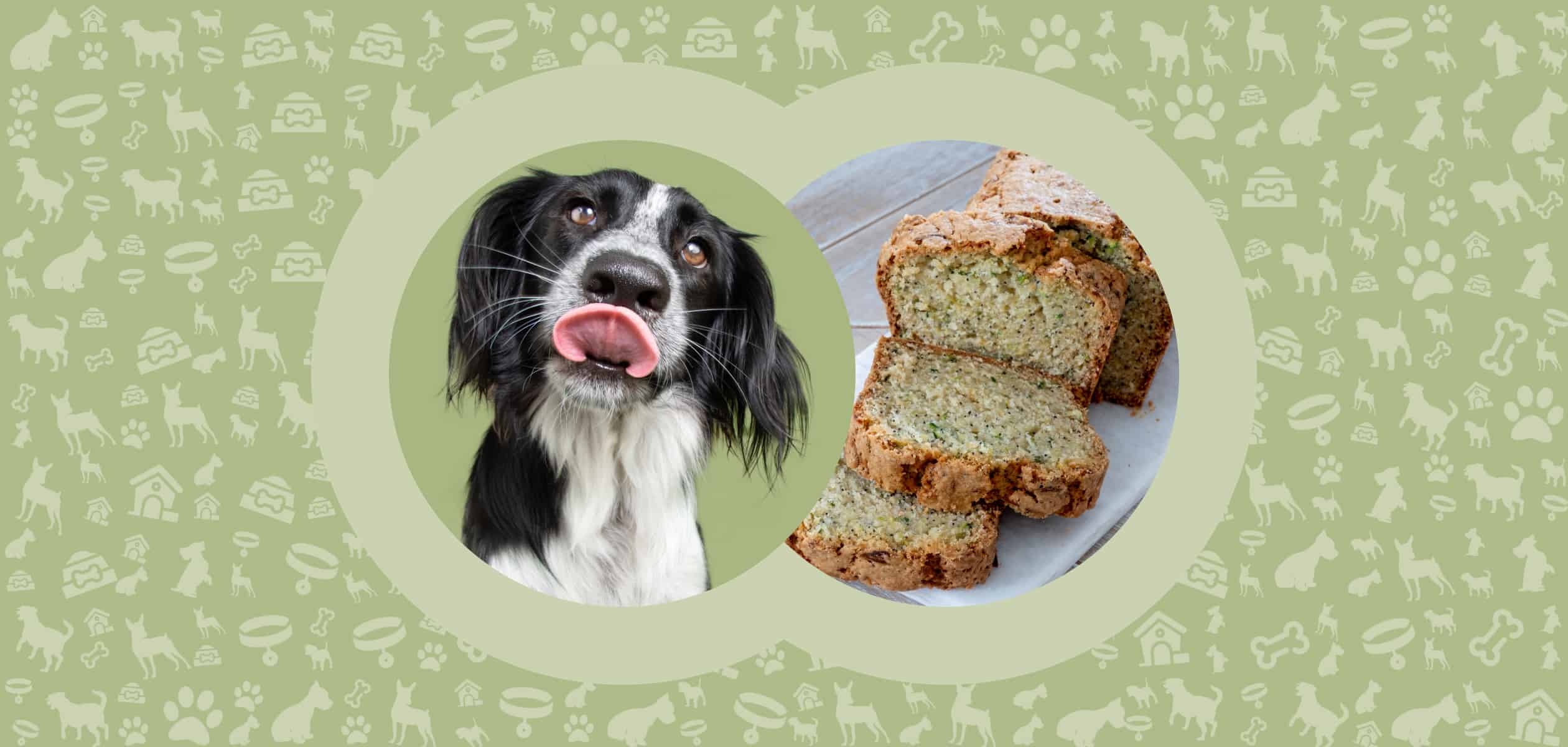
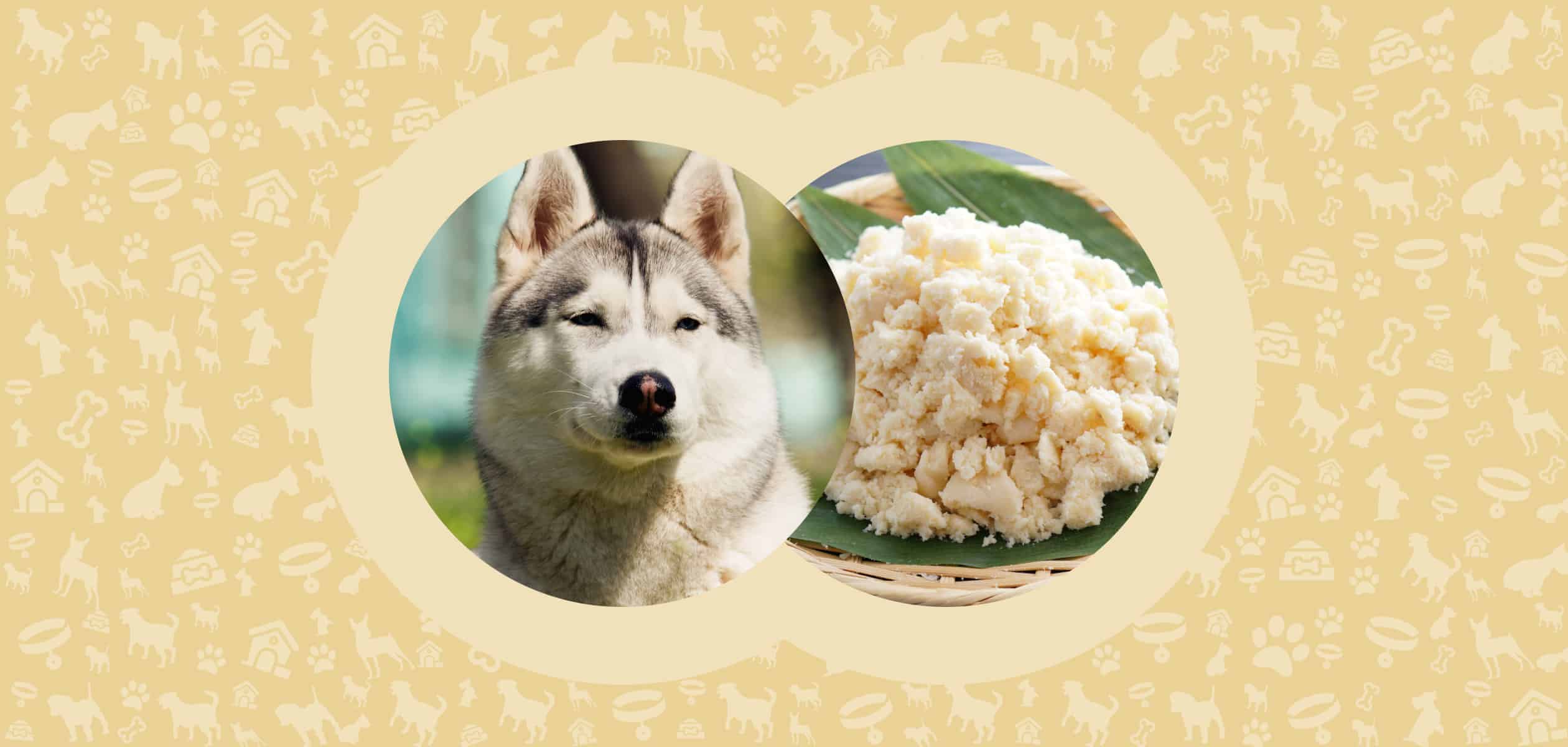
Leave a Comment